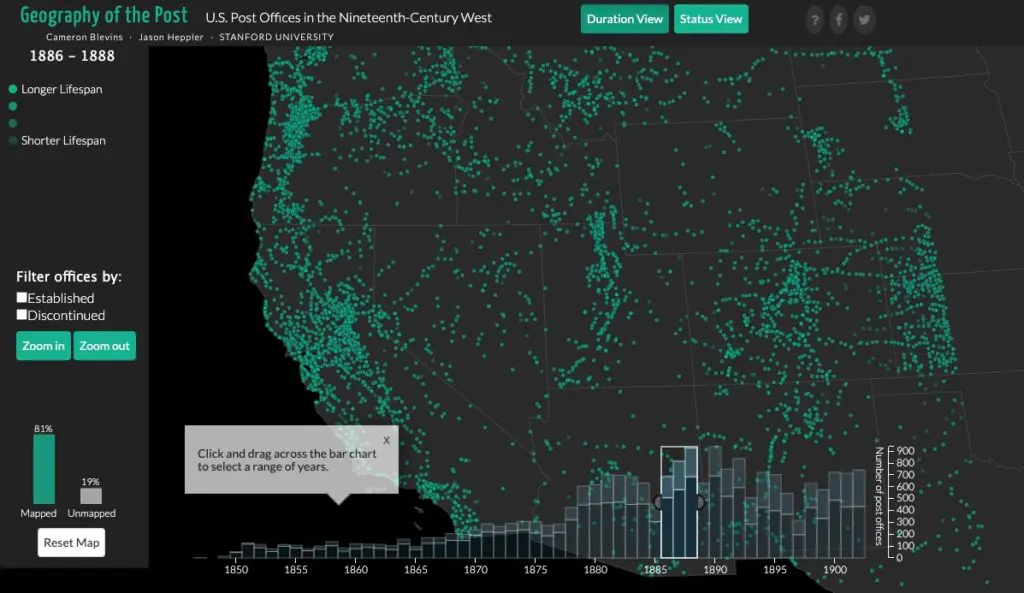January 6: A Day that will live in ignominy. The day Capitol riots broke out when an angry mob, following instructions from Donald Trump, stormed the halls of Congress and came within minutes of a potential hostage situation or worse: a massacre.
I’m still processing the events of Wednesday, as are many. Even though I fully anticipated something horrifying given the utter obviousness of the confrontation brewing, I did not have a particular picture in mind of what that thing was going to be.
Despite having steeled myself for the past 4+ years, I wept many times at some of the imagery and video footage. The defilement of the people’s halls by a violent armed mob who took selfies with Capitol Police was just not something I could have conceived of.
There must be accountability
This was one of the darkest days of our nation. Even during the Civil War the Confederates never stormed the US Capitol, so to see the Confederate flag waving in Congress was a desecration. It twisted me up to have such a raw display of America’s deepest gash of white supremacist history taken symbolically and literally to the nation’s capital.
This event was broadcast around the world, to our allies and to our enemies. We received rebukes from Moscow, Beijing, and Tehran. We — the supposed bastion of democracy. The country that lectures other nations around the world on how to do democracy better. We have been humiliated for the entire planet to see.
We need answers about what happened here. The people deserve to know who planned this, who helped this along, who looked the other away, and perhaps most importantly: who still agrees with it (Hawley and Cruz, for one — they must go).
We must stop fascism in America
The rot of fascism has been allowed to spread to the point where a violent mob of white supremacists, QAnon conspiracy nuts, MAGA faithful and a demon’s host of all stripes came within minutes of taking hostages inside the chambers of Congress. Five people lost their lives and already are being made into martyrs.
This did not begin with Trump, but he certainly amplified the signal at a much more psychotic rate than under previous administrations, certainly of my lifetime. We are now at a dangerous precipice: in a time of staggering wealth inequality, a once in a century health crisis largely being ignored by the right wing, deeply bitter partisanship played out over decades, the creep of authoritarianism around the world — and now at home.
Wednesday’s Capitol Riots did essentially mark the “crossing of the Rubicon” that the Trump cult begged him to do — it was a coming-out day for fascism. It was the President of the United States instructing an armed mob to walk up to the Capitol where lawmakers were certifying the election for the guy who won it, and telling them to “take our country back” and give it to him — by force if necessary. Which, of course, was necessary.
That is the Rubicon — the Rubicon is the willingness to use political violence when you have exhausted all other legal, shady, illegal, and hideously criminal means. That is the fascist twist. If we do not react now; if we do not censure, remove, and allow justice to hold these individuals accountable — both inside and outside of the government — they will take it as permission to try again and again until we deal with this.
We must hold the insurrectionists accountable — if we are to keep this republic.






